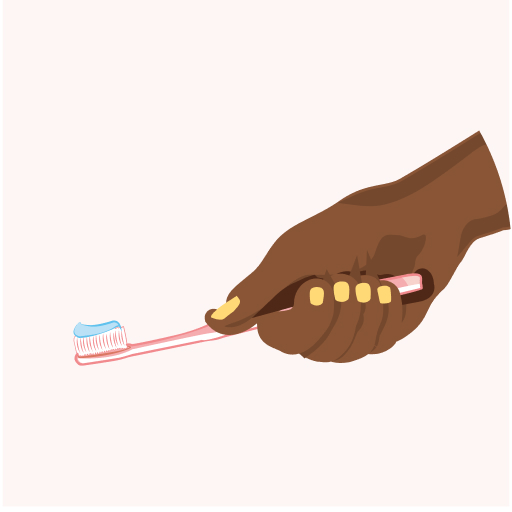
Black Women Breastfeed Less Than Other Races, But Why?
Making an informed decision about what is the best feeding choice for your new baby is important. If you flash back to the prenatal care you received, do you feel you were properly educated about breastfeeding as a black woman? I’ve conducted focus groups, spoke with other women, and health care providers and the majority of them were not educated about breastfeeding and the resources in their community. You may me wondering, how is this possible? Is this not standard education that should automatically be received during prenatal appointments? There are various factors that influence the lack of breastfeeding education and they should be alarming to our community.
Although breastfeeding initiation and duration rates have improved for all races, black women have the lowest breastfeeding rates. Why? Well, in low-income areas, health clinics and hospitals are overcrowded and understaffed. Care for some is about numbers and turn over. It is assumed by some health care providers that black women don’t breastfeed or won’t breastfeed for long. Because of this assumption breastfeeding is often not discussed by their physician, nursing staff, or after delivery in the hospital. Patients value the opinions of their health care providers. Moms need to hear their physician suggest breastfeeding as a healthy food choice for mom and baby. The assumption that black women don’t breastfeed prevents them from receiving adequate care in the early stages of lactation when help is available. Supplementation is typically implemented when simple lactation support could have solved most issues. The presence of lactation consultants in obstetrician and pediatric offices, hospitals on the weekends, and evening lactation support could eliminate the lack of education and support that black families not only need, but that all families need.
Could the underlying issue be that our health care system isn’t addressing the factors that may not directly be related to breastfeeding, but still impact it? Until we change certain policies, our efforts to support families are in vain. Although there are laws that support working women, short hospital stays, short maternity leave, lack of family support, and lack of community resources prevents breastfeeding duration. We have made strides in black breastfeeding, but there is more to be done. We need to promote more images of black women breastfeeding. That single mother in college that’s making it, the mom with three kids that nurses while reading a bedtime story, and the mom working in a factory that eats her snacks during her breastfeeding breaks. These are the stories we don’t here and the superwomen that go unnoticed. We need to celebrate these women. We also need to provide more community resources to bridge the gap of care and education that Black women may not receive. We must be advocates for the health of our families and become the narrator of the story for our community.
More Content
Skin & Hair Health
Black Women Want Healthy Looking Skin and Need Black Estheticians
I’ve struggled with acne and hyperpigmentation since...
Skin & Hair Health
ATTENTION: Doctors, can you identify monkeypox (MPV) in dark skin tones?
Medical schools, textbooks, diagnostic guides, and public...











